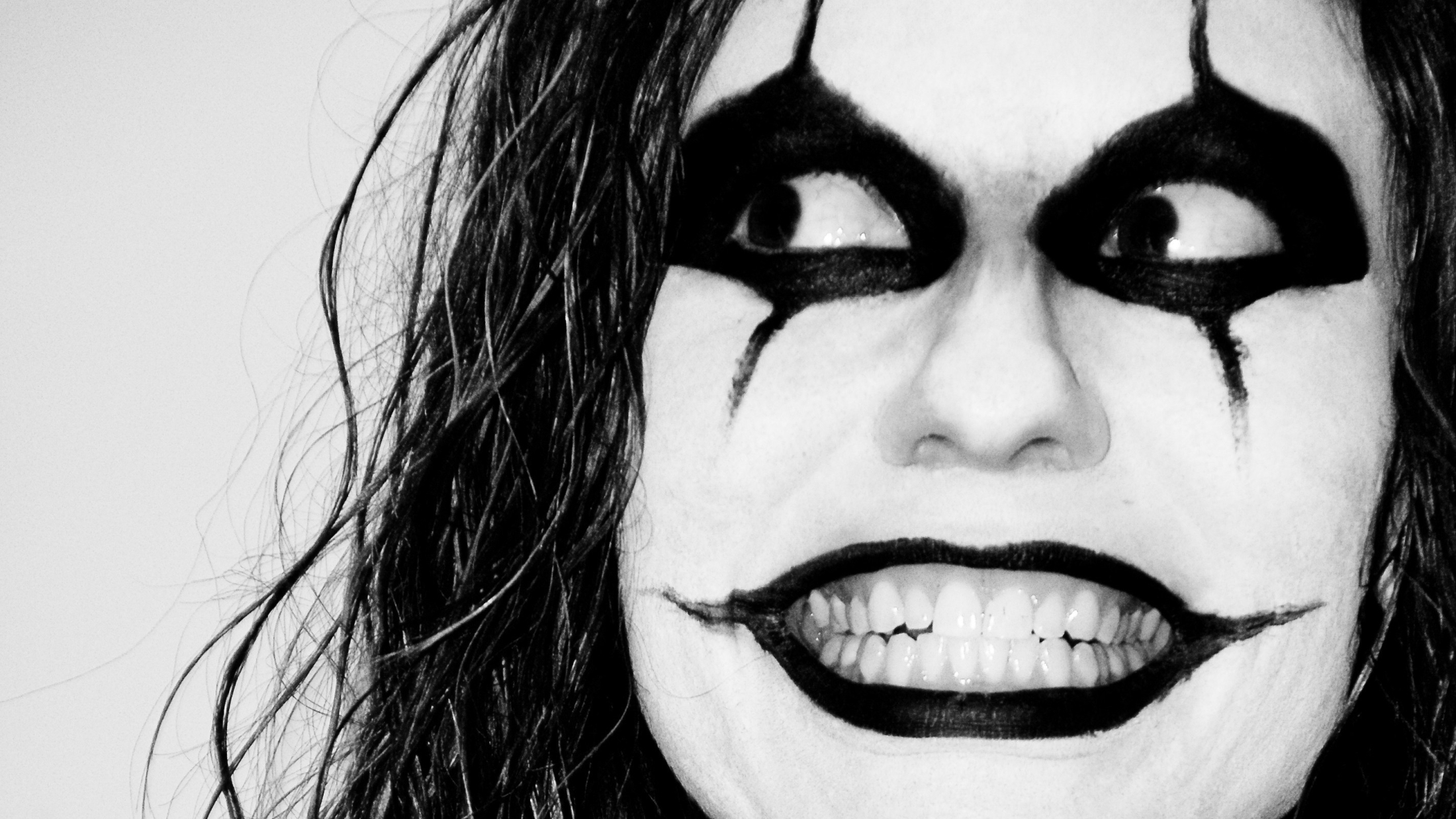In a world that equally promotes contradictory messages about ‘being your authentic self’ and ‘faking it until you make it’, it begs the question, can we do both? Is it possible to uphold your integrity, be honest & real whilst at the same time bluff, fake and filter?
Whilst asking myself these very questions I recognise that I have long embraced this duality and my conclusion is – it’s all about the mask. You see, a mask just sits on top of what already exists, it doesn’t alter what’s underneath just provides a different perspective or image to the viewer.
In my professional life, my mask is confidence. I have knowledge and experience in my role and the capacity to do a job well, just the lack of belief that I can. So I fake it. I walk into a meeting with a (genuine) smile on my face and pretend I’m not worried, stressed, nervous or desperate. I portray the confident, competent and successful professional I’m expected to be.
Science and psychology tell me I’m not alone here. Imposter syndrome affects as much as 70% of professionals. Women are particularly susceptible to the mindset that they are where they are through luck or chance, not their own skills and abilities*. This syndrome is simply an underlying belief of unworthiness hidden behind a mask of good fortune.
And so back to our superhero friends. Why do they wear a mask when they are obviously so successful and simply awesome? Why do we? It’s about protection. Masks enable us to share with the world the better, stronger, desired versions of ourselves whilst the shadow-self and its faults, fears and failings are safely protected. No one wants to blow their cover.
Being authentic is understanding that all of this is still you – the best of you and the worst of you. ‘Faking it’ is not about being deceitful & dishonest about who you are and what is important to you (values). It’s about adopting a behaviour that challenges the beliefs you have about yourself. And these beliefs you have? They are probably not as accurate as you think they are.
The way we act and feel is generated by our thoughts. We all have automatic thoughts that we unconsciously act upon as if they are true. The foundation of these thoughts is our core beliefs*. It, therefore, starts to make a lot of sense that when we actively work against this belief by changing our behaviour that it feels like we’re ‘faking it’. We’re not working within the paradigm of our self-belief so it feels incongruous or false….perhaps like wearing a mask to hide who we really are. Using my own example above, the self-belief is that I don’t think I’m competent so acting confidently feels wrong. Am I misrepresenting my skills and experience? No. Do I lie in those meetings? No. Do I feel confident? No. So despite my own thoughts about myself, I’m still working with integrity and honesty whilst feeling like I’m faking it.
Just because you believe something doesn’t mean it’s true. Our core beliefs need to be challenged at times to assess their accuracy. If you’re feeling uncomfortable with your behaviour then look deeper. Question that feeling of ‘faking it’ and what is it that it is telling you about yourself?
- What are you protecting or hiding beneath that mask (eg. what is it you don’t like and you don’t want others to see)?
- What behaviour feels like it’s against the grain?
- Can you recognise the automatic thought that has provoked this?
- Where is this thought coming from? (eg. what is that you actually believe and are therefore acting upon)?
Where do you go from here?
- Keep wearing the mask if you like. Perhaps it’ll feel more comfortable because you know why it’s there and the job it’s doing.
- Take it off. You may feel raw and exposed but perhaps more comfortable too.
Whatever answer you choose is the right answer for you.
Embrace the paradox, recognise the disparity between authenticity and faking it. Appreciate the mask and the role it plays too. After all, superhero’s wear them too.
SM x
References:
Originally published at theworklifebalance.com.au


